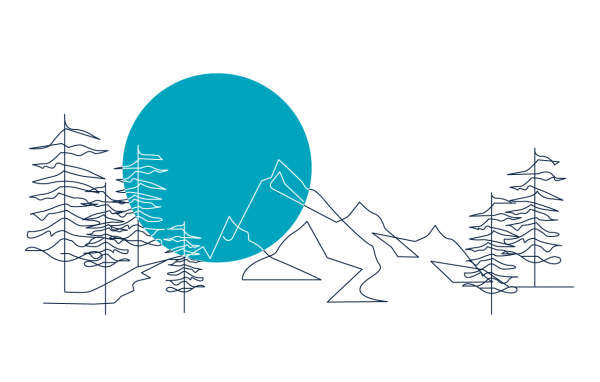Indigenous Patient Led CPD

Education
IPL offers tailored education for health professionals to build skills, acquire practical knowledge around trauma-sensitive practice and to co-create community-driven Indigenous cultural safety and education with patients.
Nawh Whu’nus’en: We See in Two Worlds - Trauma-Sensitive Practice Curriculum
Everyone who provides health care for Indigenous patients must understand the impacts of trauma and the options for building relationships with people who live with individual and intergenerational trauma.
IPL offers education for health professionals to build skills and acquire practical knowledge around trauma-sensitive practice. Our longitudinal trauma and resilience-informed curriculum for rural health professionals weaves together Indigenous ways of knowing with western trauma theory and neuroscience. It is delivered in three progressive levels:
- Level 1: Online introductory session (3 hours)
- What is trauma and why is trauma-sensitive practice important?
- Introduces foundational concepts in land-based healing and neuro decolonization.
- Explores implications of polyvagal theory and co-regulation.
- Level 2: Online in-depth series (three successive 2.5-hour sessions)
- Deeper dive into trauma, trauma-sensitive care and somatic practice.
- Practice of self-regulation.
- Deeper dive into case studies.
- Demonstrations of working with various survival physiology responses.
- Level 3: In-person land-based training (6-hour day)
- Nation-specific training developed in collaboration with and direction from Elders and community members.
Overall, participants can expect to:
- Learn tangible trauma-sensitive practices for offering health care rooted in cultural understanding and safety for Indigenous Peoples.
- Strengthen appreciation of ancestral land-based healing modalities that have supported trauma release for millennia.
- Explore the polyvagal theory and its implications for supporting trauma recovery with Indigenous patients.
- Deepen empathy and co-regulatory skills as a way of dismantling racism in the health care system and contributing to collective healing.
Register for Nawh whu’nus’en - We see in two worlds workshops:
Level 1
Jun. 17 (Mon) 1730-2030 Pacific Time | Virtual workshop | Free | 2.75 Mainpro+/MOC Section 1 credits
Level 2
Oct. 3, Oct. 10, Oct. 17 (3 x Thu) 1800-2030 Pacific Time | Virtual workshop series | Free | 6.75 Mainpro+/MOC Section 1 credits
Brokered Dialogue
We value creating spaces for patients and providers to co-create community-driven Indigenous cultural safety and humility education. We honour narratives through storytelling and other Indigenous ways of knowing and being. Brokered dialogue is one of the many methods that a community might choose to engage with their local health care providers.
We were pleased to support the Nuu-chah-nulth Patient Voices Project — a brokered dialogue between health care providers and Nuu-chah-nulth community members.
To find out more about a brokered dialogue process in your community, contact Alisa, @email.
Indigenous Cultural Safety and Humility Trainings
IPL supports Nations to develop and deliver Nation-specific cultural safety and humility training as a pathway for building bridges between Indigenous community members and their health professionals. In the last several years, IPL has supported design, delivery and evaluation of trainings with Nuu-chah-nulth Tribal Council (NTC), the Central Island Division of Family Practice and Carrier Sekani Family Services (CSFS).
Trainings may be in person, virtual or hybrid and may be open to multi-disciplinary rural or rural-serving health professionals. Past trainings have addressed local Indigenous history, culture and land; intergenerational trauma; experiences with health care; access and barriers to services.
Ask us how we can support cultural safety and humility training in your community!
Evaluation and Knowledge Sharing
IPL has worked with Carrier Sekani Family Services (CSFS) and other partners to build evaluation methods and tools informed by Indigenous ways of knowing and being. We support innovative assessments that build understanding of both process and impact — how has work been done? How has the process impacted both learners and developers?
The IPL team shares our learning at conferences and professional development sessions and can offer support to Nations and other partners for creating oral presentations and posters that help spread knowledge about cultural safety and humility in rural medicine and medical education.
About IPL

